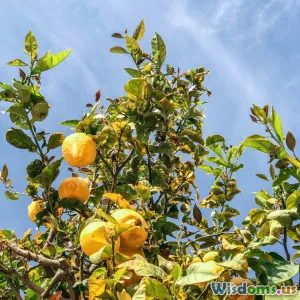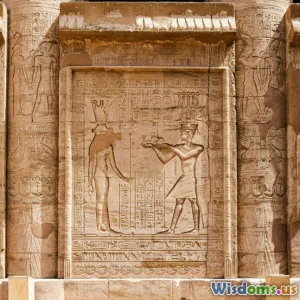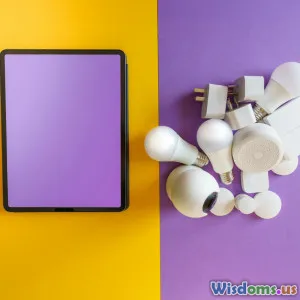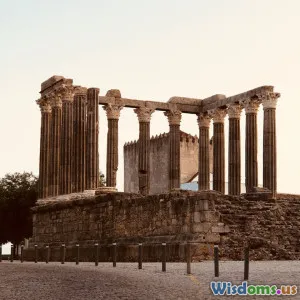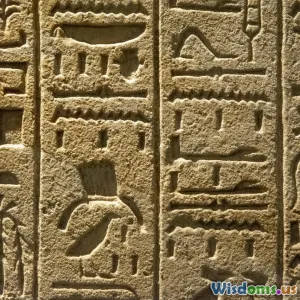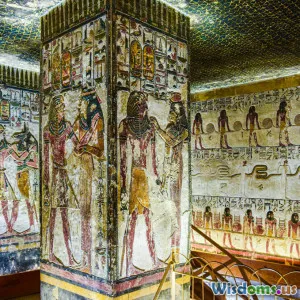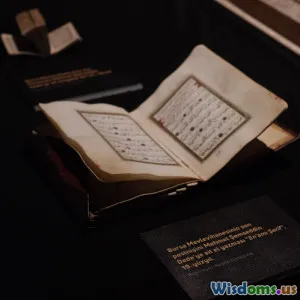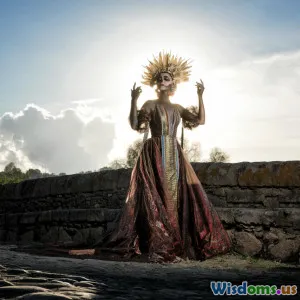
Esplorando i Rituali di Bellezza delle Antiche Civiltà
(Exploring the Beauty Rituals of Ancient Civilizations)
{6 minuto} lettura Scopri i affascinanti rituali di bellezza delle antiche civiltà e come hanno plasmato le pratiche di bellezza moderne. (0 Recensioni)
Exploring the Beauty Rituals of Ancient Civilizations
Beauty has always been a significant aspect of human culture, with ancient civilizations developing unique rituals and practices that reflect their values, beliefs, and lifestyles. This article takes you on a journey through time, exploring the beauty rituals of some of the most fascinating ancient cultures and how these practices influence modern beauty standards today.
The Egyptians: The Pioneers of Beauty
Kohl and Eye Makeup
The ancient Egyptians are perhaps best known for their iconic use of kohl, a dark powder made from lead sulfide, which was used to line the eyes. This practice wasn't merely for aesthetic purposes; it had religious significance and was believed to protect against evil spirits and the harsh sun. Moreover, the application of kohl was a ritualistic act, often performed daily by both men and women.
Cleopatra's Milk Baths
Cleopatra, the last active ruler of the Ptolemaic Kingdom of Egypt, was famed for her beauty and luxurious lifestyle. She reportedly bathed in donkey's milk, rich in lactic acid and known for its ability to soften and nourish the skin. This ritual not only emphasized her wealth but also highlighted the importance of skincare in ancient Egyptian culture.
The Greeks: Harmony and Balance
Olive Oil and Exfoliation
In ancient Greece, beauty was closely tied to the concept of balance and harmony. Olive oil was a staple in their beauty regimen, used for moisturizing the skin and hair. Greeks also practiced exfoliation using a mixture of oil and fine sand, which helped to reveal softer, smoother skin. This practice underscores the significance of natural ingredients in ancient beauty rituals.
Fragrant Oils and Perfumes
The Greeks were also pioneers in the production of perfumes. They used a variety of natural ingredients, such as flowers, herbs, and spices, to create fragrant oils that were used in daily life and during special occasions. This love for scent highlights the connection between beauty and personal expression in ancient Greek culture.
The Romans: Luxury and Indulgence
Bathing Culture
The Roman Empire is renowned for its elaborate bathhouses, which were not only places for bathing but also social hubs. Romans believed in the benefits of bathing and used a combination of hot, cold, and steam baths to cleanse and rejuvenate themselves. Bathing rituals often included the use of oils, scrubs, and perfumes, reflecting a culture that valued luxury and self-care.
Hair and Makeup
Roman women took great care in their appearance, often using various hair treatments, including wigs and dyes made from natural substances. They also employed intricate makeup techniques, using lead-based powders and natural pigments for a youthful glow. This emphasis on beauty and grooming speaks to the social status and identity of Roman citizens.
The Chinese: Nature's Bounty
Herbal Remedies and Natural Ingredients
Ancient Chinese beauty rituals revolved around the use of herbal remedies and natural ingredients. Ingredients like ginseng, lotus seeds, and green tea were commonly used for their nourishing properties. The Chinese also practiced facial acupressure, which is still popular today, emphasizing the importance of health and wellness in beauty routines.
The Art of Calligraphy and Beauty
Interestingly, beauty in ancient China was not solely about physical appearance; it extended to the art of calligraphy. Beautiful writing was viewed as a reflection of one’s character and inner beauty, illustrating how cultural values shaped perceptions of beauty.
Conclusion: The Enduring Legacy of Ancient Beauty Rituals
The beauty rituals of ancient civilizations reveal much about their cultures and values. From the Egyptians' use of kohl to the Greeks' olive oil skincare, these practices have laid the foundation for modern beauty trends. Today, as we embrace natural ingredients and holistic approaches, we find that the wisdom of the ancients continues to resonate.
Exploring these ancient rituals not only enriches our understanding of history but also inspires us to incorporate time-honored practices into our contemporary beauty routines. By appreciating the past, we honor the enduring legacy of beauty across generations.
Valuta il post
Recensioni degli utenti
Post popolari











